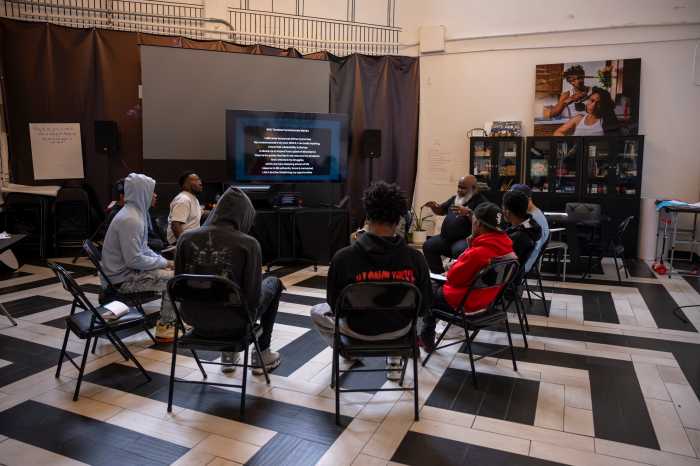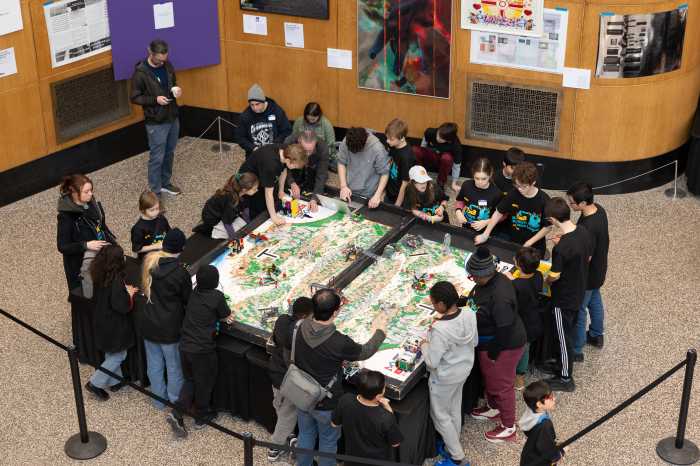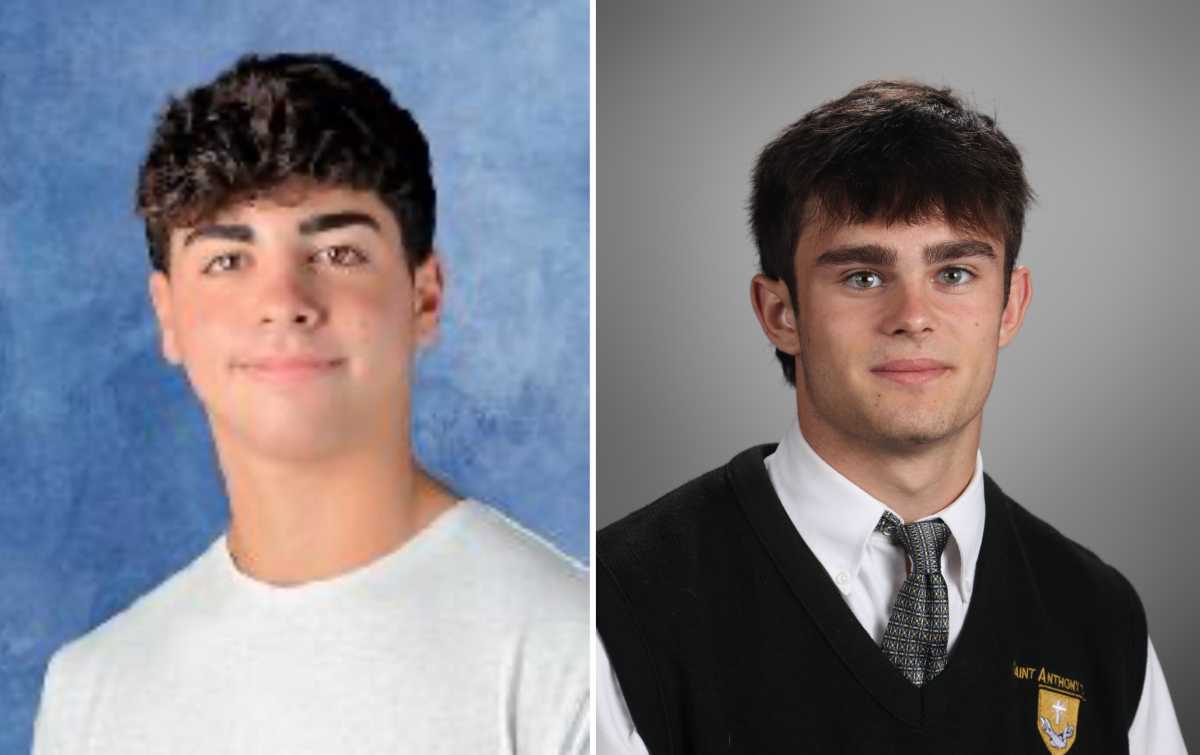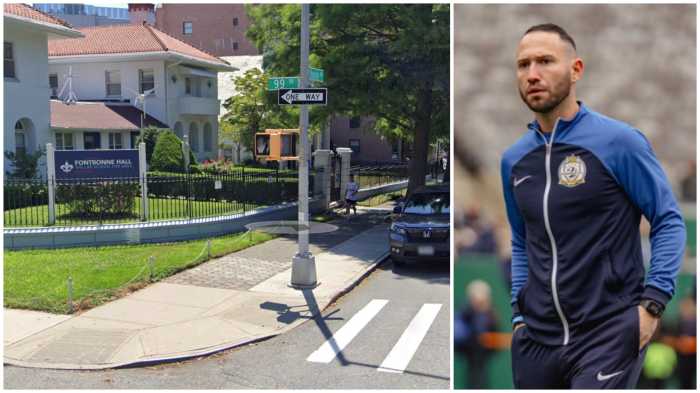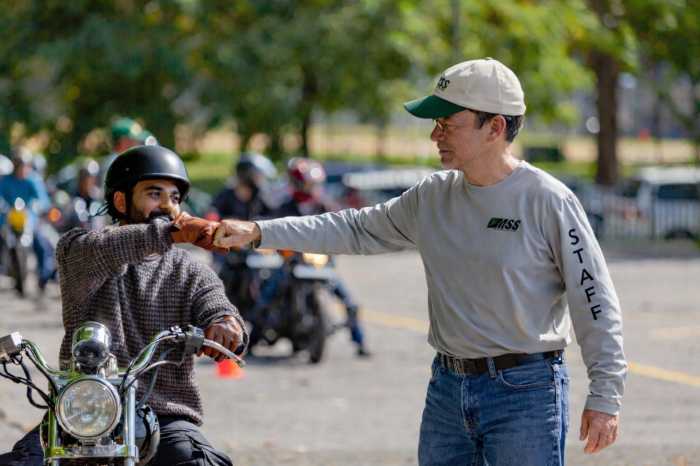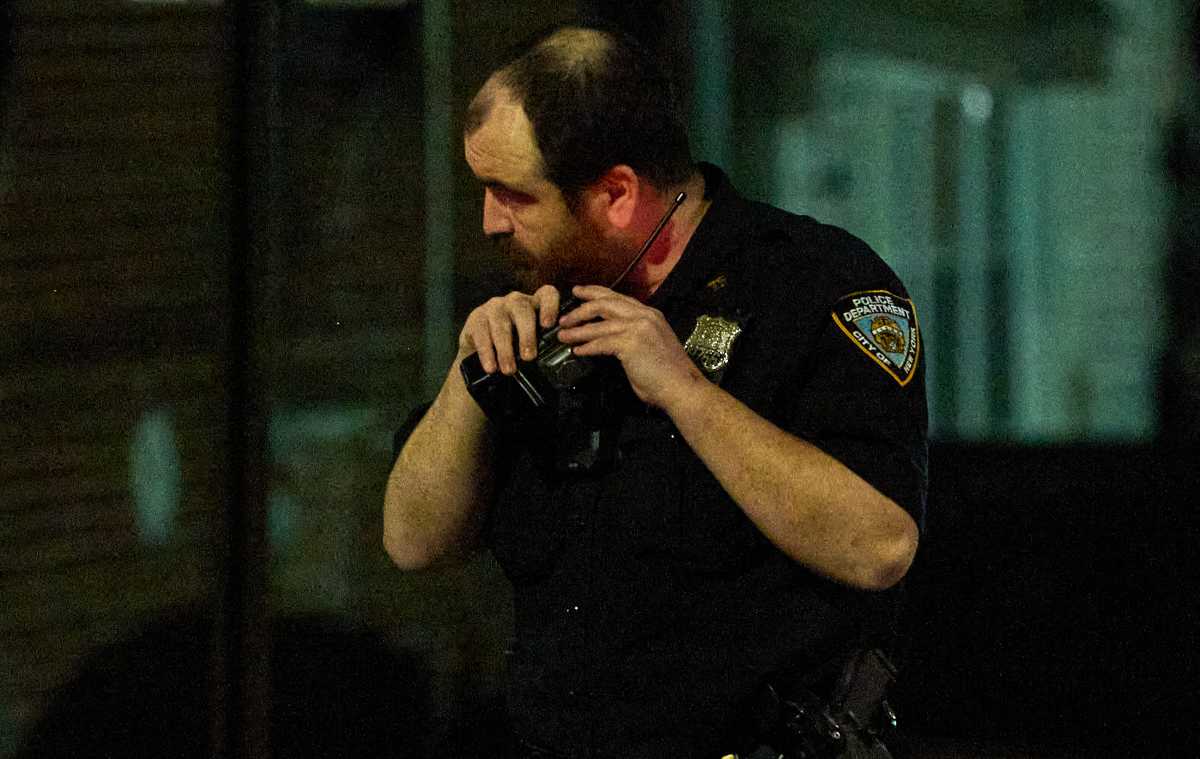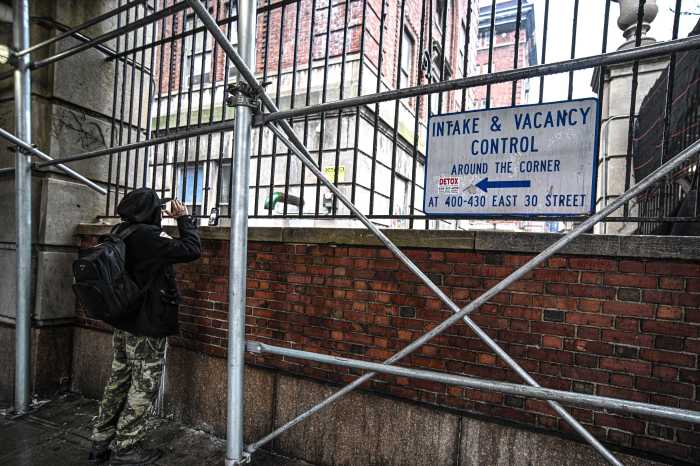As the stress of fall planning heats up for myself and my kids, I have to remember not to get so caught up in making plans and setting goals for my family that I forget to relax — and let my kids relax.
Sitting recently at the orientation for new parents at Stuyvesant High School, I was glad to be reminded by a professional.
“Allowing non-goal-oriented activities actually enhances children’s ability to learn, and can help prevent anxiety and depression,” psychologist Jennifer Tantia notably instructed the eager-beaver parents of incoming freshman to one of the nation’s most competitive high schools.
Dr. Tantia started her presentation on “parenting high-achieving students” by offering up that discussions with high-schoolers themselves unearthed a greater need to be allowed to socialize and sleep more.
“They’re basically talking about play and relaxing, and how important those things are to them, something parents often forget,” she told me later, in a phone conversation.
She backed up her supposition in the presentation to Stuyvesant parents with actual neuroscience. Research shows, she said, that allowing time to feed right-brain curiosity and creativity is crucial to balancing the left-brain judgment and productivity.
A slide virtually shouted at us nervous, breathless parents the important study results:
“Do activity for its own sake, not for reward, especially for teens.”
Her words could not have come at a better time.
I have felt the annual compulsion in recent days to program my progeny within an inch of their lives into highly competitive activities as an antidote to our summer slothfulness. This year, such a compulsion has been compounded by my concerns about my son’s entrance into such a competitive high school, something neighborhood parents have shook their head about and used words like “cut-throat,” and “don’t do it.” My biggest concern, after all, is not that my son achieve, but that he be happy.
So Dr. Tantia’s words calmed and cheered me. It is actually my way to allow my kids lots of free time and, for the activities they are involved in, to make sure they’re pretty relaxed. They’ve been on baseball teams that aren’t necessarily the winningest but that teach camaraderie and the joy of play. They’ve taken tennis lessons with no stressful end matches, piano lessons with no recitals, drama classes with no command performance but just the display of the fun improv games they play usually.
Although I sometimes worry that I’m not pushing my kids hard enough, that I can’t put on Facebook that they starred in the school play or were most valuable player of the city’s top baseball team, Dr. Tantia helped confirm my instinct to chill out.
“It’s important that kids are allowed to do activities for their own sake, not for a specific reason or goal,” she said. There are times and places where kids should be asked to master a task, but that needs to be balanced with time to just play.
Bodies respond negatively to the forced pressure of too much structure and goal orientation, and that goes for us parents and for our kids.
“Your anxiety and stress gets loaded on to your children, so it’s important to pay attention to your body and to connect your bodily sensations to emotion,” Dr. Tantia said. Most specifically it is our breath that gets affected by the stress of our desire to help our children succeed, so it is to our breath that we must be most mindful.
“So often, when parents are concerned for their children, there is constriction in the chest and body, and then children have a hard time breathing themselves,” she said.
As I talked with her about my own children, Dr. Tantia stopped me.
“Do you hear how you’re not breathing?” she asked. I took a deep inhalation and then slowly let it out.
Right.
First things first: this fall, I must most importantly remember to breathe, and to teach my kids to breathe. Every other plan, of course, is secondary.



